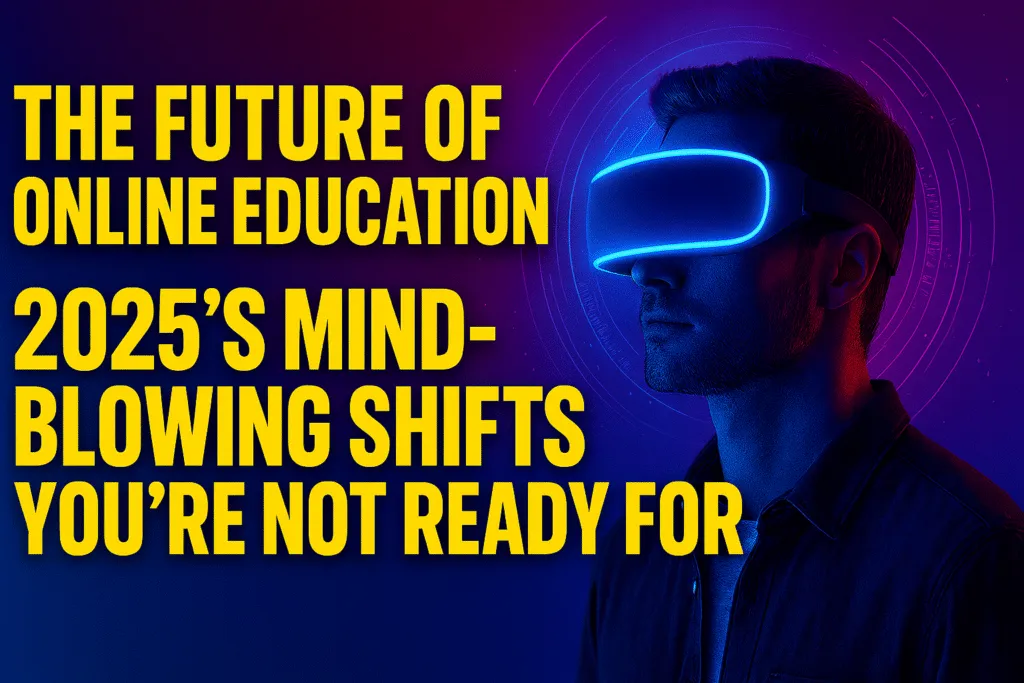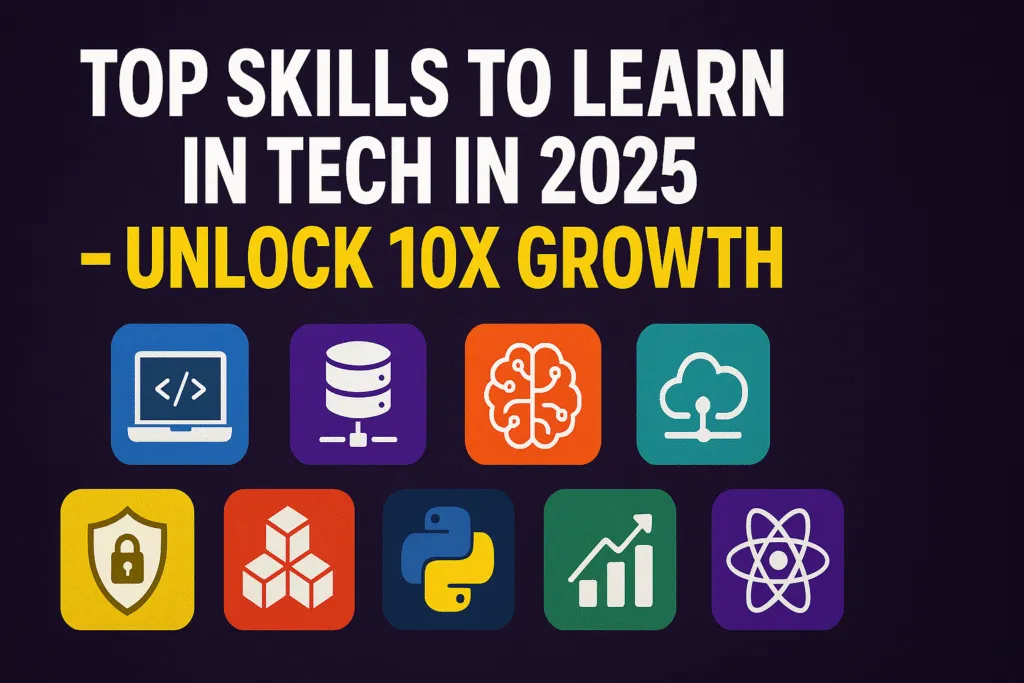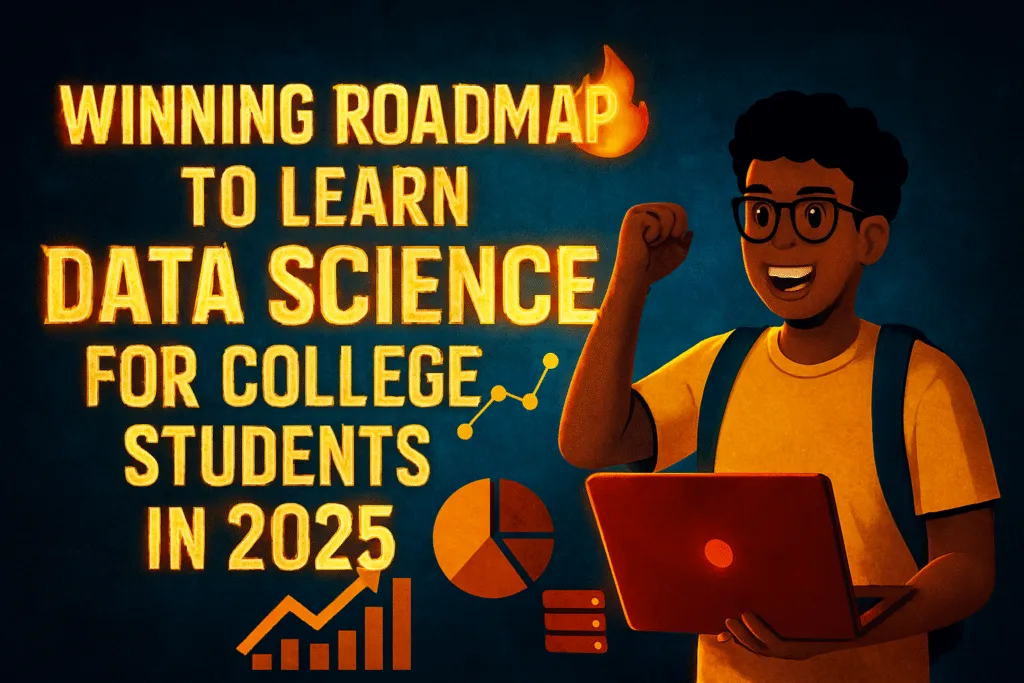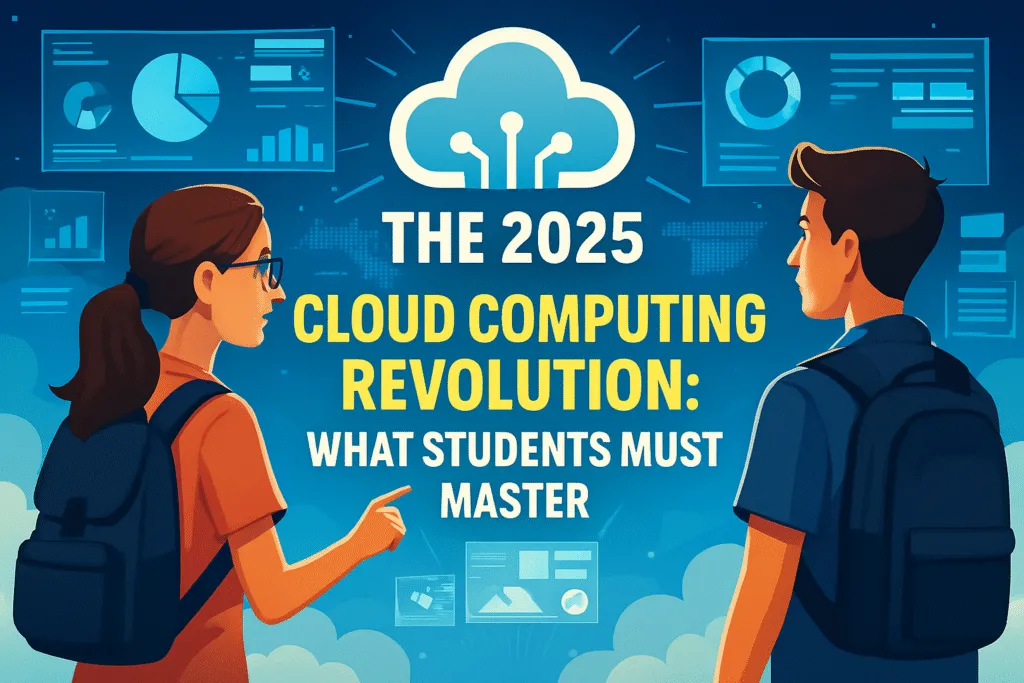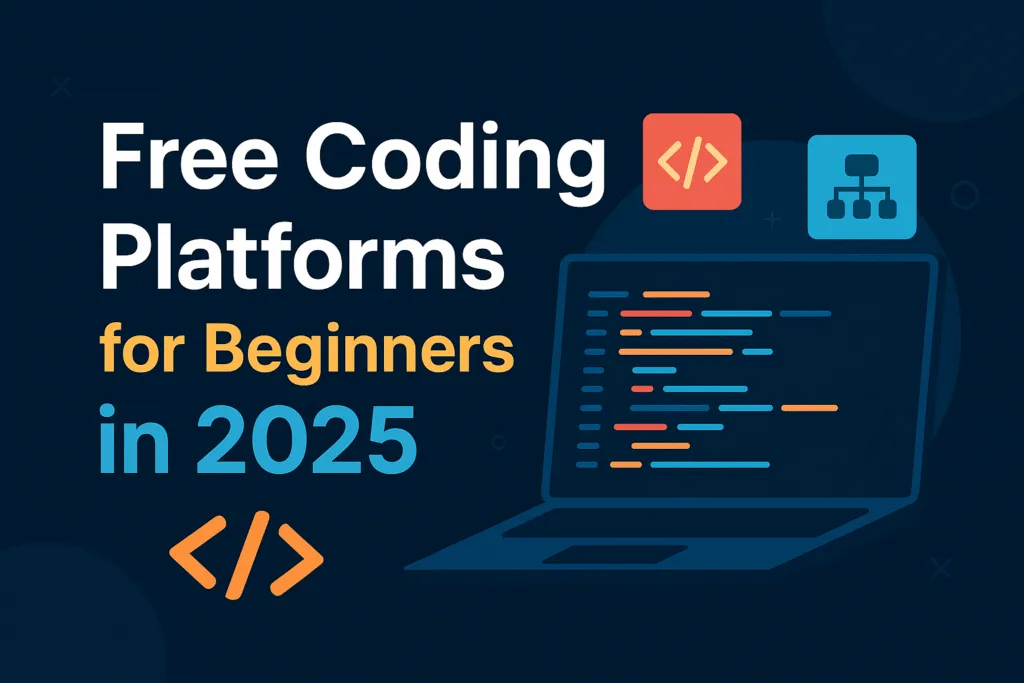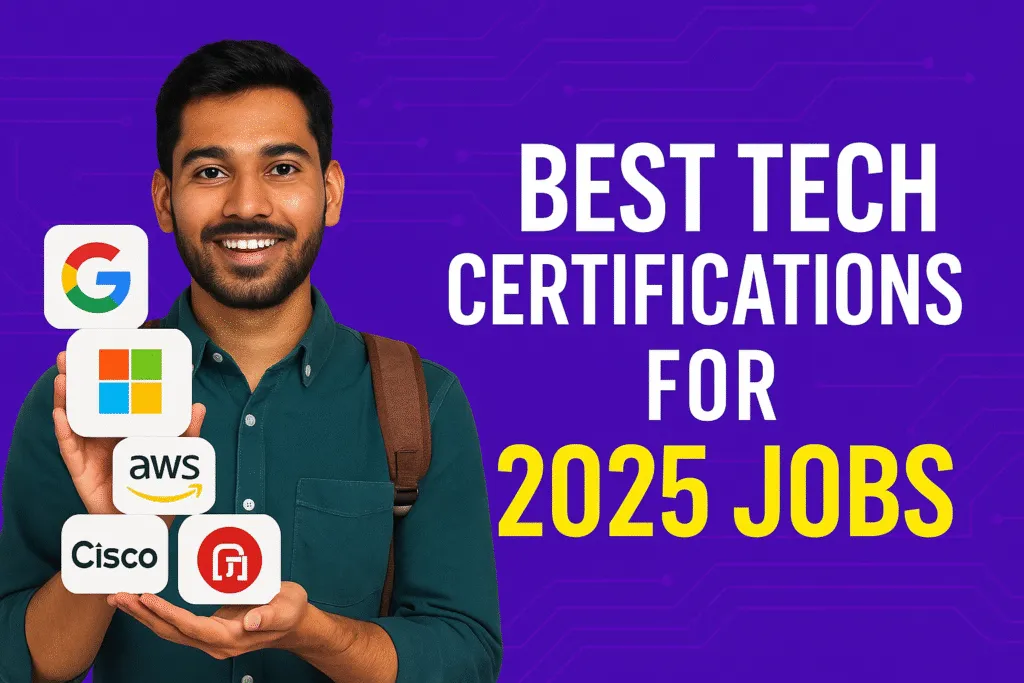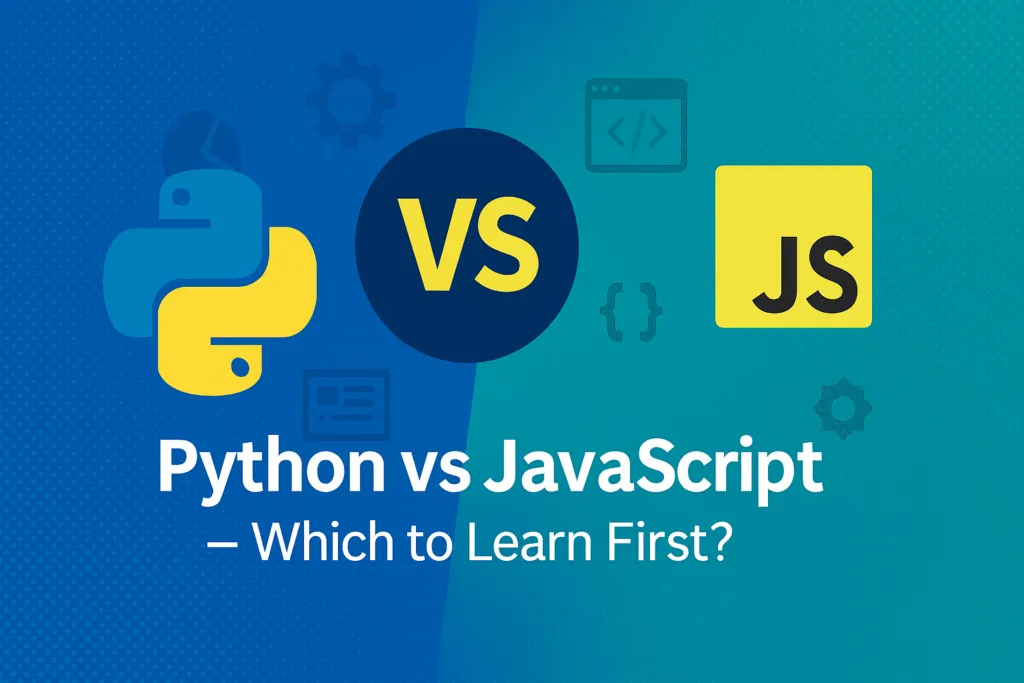Introduction: The Evolution of Online Education
The future of online education is shaped by a remarkable journey of transformation and innovation. Over the past two decades, learning has moved far beyond traditional classrooms and physical textbooks. Today, technology has opened new doors for learners everywhere, making education more accessible, flexible, and personalized than ever before. This evolution has been accelerated by global events and rapid advancements in digital tools, paving the way for a future where online education takes center stage.
Early online courses often struggled with engagement and interactivity, but continuous improvements in internet connectivity and digital platforms have changed the game. Learners can now participate in live classes, collaborate on projects, and access a wealth of resources from any device. The rise of video lectures, discussion forums, and interactive quizzes has made online learning more dynamic and effective.
Looking ahead, the future of online education promises even greater possibilities. Emerging technologies like artificial intelligence, virtual reality, and augmented reality are beginning to redefine how knowledge is delivered and absorbed. These tools enable customized learning paths that adapt to individual needs, ensuring better outcomes for students of all ages and backgrounds.
Moreover, the global reach of online education breaks down geographic and economic barriers, offering opportunities to millions who previously lacked access to quality learning. This democratization of education is set to transform societies and economies worldwide, fostering lifelong learning and skill development.
As educators and learners embrace these changes, the future of online education will continue to evolve, balancing innovation with inclusivity. It is an exciting era where education is no longer confined by walls but is a dynamic, accessible experience for everyone willing to learn.
Artificial Intelligence: Personalizing the Learning Experience
Artificial intelligence is revolutionizing the future of online education by creating more personalized and effective learning experiences. Unlike traditional one-size-fits-all methods, AI-powered platforms can analyze individual learners’ strengths, weaknesses, and preferences to tailor content and pacing accordingly. This customization helps students stay engaged and achieve better results.
AI tools such as intelligent tutoring systems and adaptive learning software provide real-time feedback and guidance, allowing learners to progress at their own speed while addressing specific challenges. Chatbots and virtual assistants are also becoming integral, offering instant support and answering questions 24/7. These innovations make online education more interactive and accessible.
Furthermore, AI enhances the assessment process by automating grading and identifying patterns in learner performance. Educators can use these insights to adjust teaching strategies and offer targeted interventions. This data-driven approach improves overall learning outcomes and efficiency.
As AI technology continues to advance, the future of online education will see even deeper integration of machine learning and natural language processing, enabling smarter, more intuitive learning environments. Personalized learning powered by AI not only benefits students but also supports educators by reducing administrative tasks and highlighting areas needing attention.
In summary, artificial intelligence is a key driver in shaping the future of online education, making learning more adaptive, responsive, and tailored to individual needs. This shift promises a more inclusive and engaging educational experience for learners worldwide.
Immersive Learning: Virtual and Augmented Reality in Education
Immersive learning technologies like virtual reality (VR) and augmented reality (AR) are transforming the future of online education by creating engaging, hands-on experiences that go beyond traditional teaching methods. These tools enable learners to explore complex concepts in interactive, three-dimensional environments, making education more memorable and effective.
Virtual reality allows students to step into simulated worlds, whether it’s a historical site, a scientific lab, or a distant planet, providing practical experiences that were once impossible through online platforms. Augmented reality, on the other hand, overlays digital information onto the real world, enhancing understanding by blending physical and virtual elements.
These technologies not only boost engagement but also accommodate different learning styles by offering visual, auditory, and kinesthetic experiences. They can be especially valuable in fields that require practical skills, such as medicine, engineering, and architecture, where learners can practice procedures or design concepts in a safe virtual space.
The future of online education is set to embrace immersive learning more deeply as VR and AR become increasingly affordable and accessible. Educational institutions and platforms are investing in these technologies to provide richer, more interactive courses that foster creativity and critical thinking.
By incorporating immersive learning, online education is breaking free from screen-based limitations, creating a more dynamic and inclusive experience. This approach empowers learners to connect with material in meaningful ways, paving the path for deeper knowledge retention and skill development in the digital age.
Microlearning: Bite-Sized Education for Busy Learners
Microlearning is rapidly gaining traction as a key trend shaping the future of online education. This approach breaks down complex topics into small, focused lessons that learners can easily consume in short bursts. For busy professionals, students, and lifelong learners, microlearning offers a convenient way to fit education into their hectic schedules without feeling overwhelmed.
By delivering content in bite-sized modules, microlearning enhances retention and engagement. It leverages videos, quizzes, infographics, and interactive exercises that keep learners interested and motivated. This method also supports just-in-time learning, allowing users to quickly acquire specific skills or knowledge when needed.
The rise of mobile devices has further boosted microlearning’s popularity, enabling learners to access educational content anytime, anywhere. Whether commuting, taking a break, or waiting in line, learners can make productive use of these small pockets of time. This flexibility is especially valuable in today’s fast-paced world, where attention spans are shorter, and continuous upskilling is essential.
The future of online education will likely see microlearning integrated more extensively with other educational models, creating personalized and adaptive learning paths. Its ability to deliver concise, targeted information makes it ideal for skill development and professional training.
Overall, microlearning represents a practical and efficient way to meet the evolving needs of modern learners. By offering quick, accessible, and engaging educational experiences, it is set to play a crucial role in the future of online education.
Gamification: Enhancing Motivation Through Game Elements
Gamification is becoming a powerful force in the future of online education by making learning more engaging and motivating through the use of game elements. By incorporating features like points, badges, leaderboards, and rewards, educational platforms tap into learners’ natural desire for achievement and competition, encouraging consistent participation and effort.
This approach transforms traditional course content into interactive experiences where learners feel a sense of progress and accomplishment. Gamification also helps break down complex subjects into manageable challenges, making the learning process enjoyable rather than overwhelming. This can significantly improve retention and knowledge application.
Beyond motivation, gamification fosters social interaction through friendly competition and collaboration, which enhances community building among online learners. Features such as multiplayer quizzes, group challenges, and discussion boards make learning more dynamic and socially rewarding.
As technology advances, the future of online education will see even more sophisticated gamified experiences powered by AI and data analytics, allowing for personalized challenges that adapt to individual learner performance. This ensures that each learner stays engaged and challenged at the right level.
In essence, gamification bridges education and entertainment, creating a more immersive and effective learning environment. By leveraging game mechanics, online education becomes not just a task but a rewarding journey, making it a vital trend in shaping the future of online education.
Hybrid Learning Models: Blending Online and Offline Education
Hybrid learning models are reshaping the future of online education by combining the best of both online and offline teaching methods. This blended approach offers learners the flexibility of digital courses while preserving the benefits of face-to-face interaction, creating a more balanced and effective educational experience.
By integrating synchronous (live) and asynchronous (on-demand) learning, hybrid models accommodate different learning styles and schedules. Students can attend real-time virtual classes to engage directly with instructors and peers, while also accessing recorded lectures and resources at their own pace. This flexibility helps learners manage their time better and deepens understanding.
Hybrid education also allows institutions to personalize learning pathways. In-person sessions can focus on hands-on activities, discussions, and group work, while online components deliver theoretical content and assessments. This synergy enhances engagement, collaboration, and knowledge retention.
The future of online education will see hybrid models becoming increasingly popular as schools, colleges, and corporate training programs recognize their potential to improve accessibility and learner outcomes. Advances in technology, such as improved video conferencing tools and learning management systems, support seamless integration between offline and online environments.
Ultimately, hybrid learning breaks down traditional barriers, offering a versatile and inclusive approach that meets the evolving needs of learners and educators alike. This balance between digital convenience and personal interaction is a significant step forward in the future of online education.
Lifelong Learning: Continuous Education in the Digital Age
Lifelong learning is becoming a cornerstone of the future of online education, reflecting the growing need for individuals to continuously update their skills in a rapidly changing world. Unlike traditional education, which often focuses on early-life learning, lifelong learning embraces education as an ongoing process throughout one’s life and career.
Digital platforms make it easier than ever to pursue lifelong learning by offering flexible courses, certifications, and training programs that fit around busy schedules. This accessibility empowers people to acquire new skills, pivot careers, or deepen expertise without the constraints of time or location.
The future of online education supports this trend by emphasizing upskilling and reskilling, which are essential in industries disrupted by technology and automation. Online courses tailored for professionals help bridge skill gaps and prepare learners for emerging job roles, fostering adaptability and career growth.
Moreover, lifelong learning encourages a growth mindset and intellectual curiosity, qualities that are vital in today’s knowledge-driven economy. Educational providers are increasingly designing content to be engaging, relevant, and practical, ensuring learners remain motivated and successful.
Governments, corporations, and institutions are also investing in lifelong learning initiatives, recognizing its role in economic development and workforce resilience. This collaborative effort signals a shift toward continuous education becoming a societal norm.
In essence, lifelong learning powered by online education offers an inclusive, flexible path to personal and professional development. It ensures that learning never stops, aligning perfectly with the dynamic demands of the digital age and shaping the future of online education.
Data Analytics: Informing Educational Strategies
Data analytics is playing a pivotal role in shaping the future of online education by providing valuable insights that enhance teaching and learning processes. By collecting and analyzing vast amounts of data on learner behavior, performance, and engagement, educators can make informed decisions to improve educational outcomes.
Online platforms use analytics tools to track how students interact with course materials, identify areas where they struggle, and predict which learners might need additional support. This data-driven approach allows for timely interventions, personalized learning paths, and more effective resource allocation.
Beyond individual learners, data analytics helps institutions evaluate the success of courses and programs, optimize curricula, and refine teaching methods. It also supports continuous improvement by highlighting trends and patterns that might otherwise go unnoticed.
As technology advances, the future of online education will increasingly rely on sophisticated analytics powered by artificial intelligence and machine learning. These tools can offer deeper insights, such as identifying learning styles, measuring skill acquisition, and even predicting long-term success.
However, the use of data analytics also raises important questions about privacy and ethics. Ensuring that student data is collected and used responsibly will be critical in maintaining trust and compliance with regulations.
In summary, data analytics transforms raw information into actionable strategies, making online education more adaptive, efficient, and learner-centered. Its growing importance marks a significant step forward in the evolution of educational technology and the future of online education.
Global Access and Equity in Online Education
Global access and equity are fundamental to the future of online education, as they aim to ensure that quality learning opportunities reach learners regardless of their geographic location or socioeconomic background. Online education has the unique potential to bridge educational gaps by breaking down traditional barriers such as distance, cost, and infrastructure limitations.
Efforts to expand internet connectivity and provide affordable devices are crucial in making online learning accessible to underserved communities worldwide. Additionally, the development of open educational resources and free courses helps reduce financial hurdles for many learners.
Equity in online education also means designing content that is culturally sensitive and inclusive, catering to diverse learning needs and languages. This approach fosters a more welcoming and effective learning environment for all students.
The future of online education depends on collaboration among governments, educational institutions, and technology providers to address these challenges. By investing in digital infrastructure and promoting inclusive policies, stakeholders can work toward narrowing the digital divide.
Ensuring global access and equity not only benefits individuals but also contributes to social and economic development on a broader scale. As online education continues to evolve, prioritizing fairness and inclusivity will be key to unlocking its full potential for learners everywhere.
In essence, making education accessible and equitable worldwide is a powerful driver in shaping the future of online education, creating opportunities for lifelong learning and personal growth across the globe.
The Future Outlook: What’s Next for Online Education?
The future of online education is full of exciting possibilities as technology and pedagogy continue to evolve rapidly. Emerging innovations like artificial intelligence, virtual reality, and blockchain are poised to reshape how learning is delivered, verified, and experienced on a global scale.
Adaptive learning systems powered by AI will offer even more personalized education, tailoring content, pacing, and assessments to each learner’s unique needs. Virtual and augmented reality will create immersive environments that simulate real-world experiences, making online education more engaging and effective.
Blockchain technology is expected to revolutionize credentialing by providing secure, tamper-proof digital certificates that learners can easily share with employers and institutions. This will enhance transparency and trust in online qualifications.
Moreover, the rise of collaborative platforms will encourage social learning, allowing students from diverse backgrounds to connect, share ideas, and solve problems together regardless of location. This sense of community will make online education feel more interactive and inclusive.
As online education expands, so will the emphasis on accessibility and equity, ensuring learners from all walks of life have the opportunity to benefit from digital learning. Governments and organizations will continue to invest in infrastructure and policies that support this vision.
In summary, the future of online education promises a more personalized, immersive, and inclusive learning landscape. By embracing technological advancements and focusing on learner-centric approaches, online education will continue to break boundaries and unlock new opportunities for millions worldwide.
Conclusion
The future of online education is evolving rapidly, driven by technological innovation and a growing demand for flexible, accessible learning. From artificial intelligence to immersive virtual experiences, new tools are transforming how education is delivered and experienced worldwide. These advancements are making learning more personalized, engaging, and inclusive, breaking down barriers that once limited access to quality education.
As hybrid models blend online and offline methods, and microlearning fits education into busy lives, the possibilities for lifelong learning expand like never before. Data analytics and gamification further enhance the learning journey, while global efforts toward equity ensure that opportunities reach diverse learners everywhere.
Looking ahead, the future of online education holds great promise—not just for students and educators but for societies and economies at large. By embracing these trends and technologies, we can create an educational landscape that empowers individuals to grow, adapt, and succeed in an ever-changing world. The journey has only just begun, and the best is yet to come.
Also Read: 2025 Mastery: How to Use Voice Assistants for Effortless Daily Task Domination.
FAQs
1. What is driving the future of online education?
The future of online education is driven by technological advancements such as artificial intelligence, virtual and augmented reality, data analytics, and increased internet accessibility. These innovations are making learning more personalized, immersive, and accessible.
2. How does artificial intelligence personalize online learning?
AI analyzes individual learner data to tailor content, pace, and assessments to their needs. It also provides real-time feedback and support through virtual tutors and chatbots, creating a more adaptive and effective learning experience.
3. What role do virtual and augmented reality play in education?
Virtual and augmented reality create immersive environments that allow learners to engage with material interactively. These technologies help students experience real-world scenarios virtually, enhancing understanding and retention.
4. Why is microlearning important in online education?
Microlearning delivers content in small, focused segments, making it easier for busy learners to absorb and retain information. It supports learning in short bursts, which fits well into modern, fast-paced lifestyles.
5. What is gamification, and how does it help learning?
Gamification incorporates game elements like points, badges, and leaderboards into education to increase motivation and engagement. It makes learning fun and encourages consistent participation.
6. How do hybrid learning models benefit students?
Hybrid learning combines online and offline education, offering flexibility while maintaining personal interaction. It caters to diverse learning styles and schedules, enhancing overall learning outcomes.
7. What challenges exist in ensuring global access and equity in online education?
Challenges include limited internet access, affordability of devices, and the need for culturally relevant content. Addressing these requires collaboration among governments, institutions, and technology providers.
8. How is data analytics improving online education?
Data analytics helps educators track learner progress, identify difficulties, and tailor instruction. It also aids in optimizing course design and institutional strategies for better educational outcomes.
9. What does lifelong learning mean in the digital age?
Lifelong learning is the continuous pursuit of knowledge and skills throughout life. Digital platforms make it easier to access education anytime, supporting career growth and personal development.
10. What trends should we watch for in the future of online education?
Key trends include deeper AI integration, immersive technologies like VR/AR, blockchain for credentialing, increased focus on accessibility, and collaborative learning platforms that foster community.
